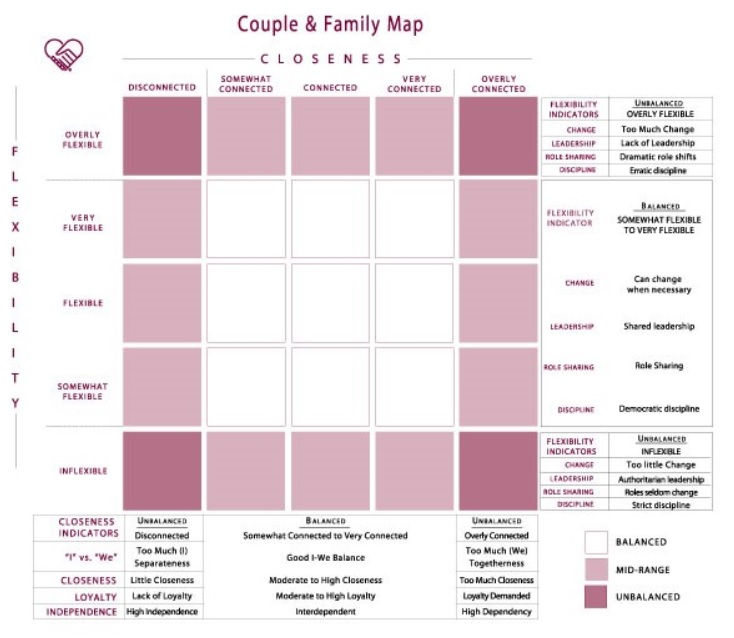When should pastors counsel and when should they refer people to professional counselors?
- rogerlinpsyd
- Feb 21, 2023
- 3 min read
This is information that I use with church leaders when we workshop their role as pastoral counselors and when to refer to professional counselors. It helps to start the conversation and to move the discussion towards equipping the church to counsel their people well.
Pastoral counseling and when should they refer a person for professional counseling help?
First, set your boundaries. Clarify your call and the role you play in leading your church. If you do not have adequate training in the assessment and treatment of mental health issues, you may consider referring the person to someone with expertise in that area. Most mental health professionals would not claim to be adequately prepared to exegete, interpret, and teach a passage from the bible, cast vision, and train leaders, likewise, most pastors are not adequately prepared to assess or treat clinical depression, anxiety, self-harming, suicidal tendencies, and substance abuse. These are just a few of the psychological disorders listed in the Diagnostic Statistical Manual (DSM) that a mental health professional is trained to treat.
Here are a few areas to consider when thinking through how to set your boundaries when you want to help a person struggling with mental health issues:
Competency level: Do I have the experience and training to address the problem?
Know the limits of your resources: Do I have the availability required to address the level of severity of the issue?, the time?, and emotional capacity required to help with the person’s struggles?
Define your relationship: What is my relationship with the person? How will it change if I
address this issue? How does my pastoral, discipler, personal relationship with the person affect my objectivity of what the person is struggling with? How can I navigate this dual relationship?
Personal experience: Does this person’s struggle touch issues that I have personally struggled with and have not experienced substantial healing from?
Good fit: Am I the right person to help? Are there any resistance or a clash of personalities that might hinder effective help?
Assess the amount of time you have to invest in counseling:
It is important to understand the time investment that is required to help someone struggling with an emotional or psychological problem. Usually, the issues surrounding the problem go much deeper than even the individual knows.
Will counseling take away from my other responsibilities I have to the church?
Do I have the extra emotional energy pastoral counseling is going to require?
Consider the issues you are able to counsel people in: Pastoral counseling covers a range of topics beginning with spiritual formation and includes adjustment to life issues, such as education, career, marriage, parenting, family, empty nest, retirement, existential (meaning in life), and relationship concerns. Issues of loss surrounding death or loss of a job are also topics many pastors are competent to address.
A structural model for pastoral counseling is typically set to a limit of three to five sessions. This of course changes with each local church context. If the issue cannot be resolved or significantly improved in the set amount of sessions, it is recommended you refer the person to additional resources which can include a mental health professional referral. This protects the pastor’s time and ensures that the person gets the help they need. Referring individuals in your church to a professional counselor helps keep relational boundaries clear. You can remain their pastor and spiritual mentor and not their therapist.
Guardrails to consider for referring people to a professional counselor:
1. If the there is an immediate threat of harm to themselves of others, threat of suicide, homicide, abuse, violence, call 911 and/or take them to the hospital to be assessed. Safety is paramount, we don’t want anyone hurting themselves or hurting someone else.
2. If there are severe psychological symptoms such as psychosis (lost connection with reality), manic episodes, hallucinations, delusions, substance abuse, debilitating anxiety or depression, consider referring to professional counseling.
3. If there is a medical diagnosis and treatment of mental illness that includes medication, it may be helpful to include a professional counselor. Treatment for mental illness is most effective with the combination of prescribed medication and counseling.
4. Trauma. Professional counseling provides a safe place and resources for people to process through traumatic experiences and to work towards their healing and growth.
5. Personality disorders. Some people are very difficult to relate with because they have patterns of acting odd, eccentric, dramatic, narcissistic, antisocial, or fearful. Professional counseling has tools to identify and address these unhealthy patterns of relating.

Comments